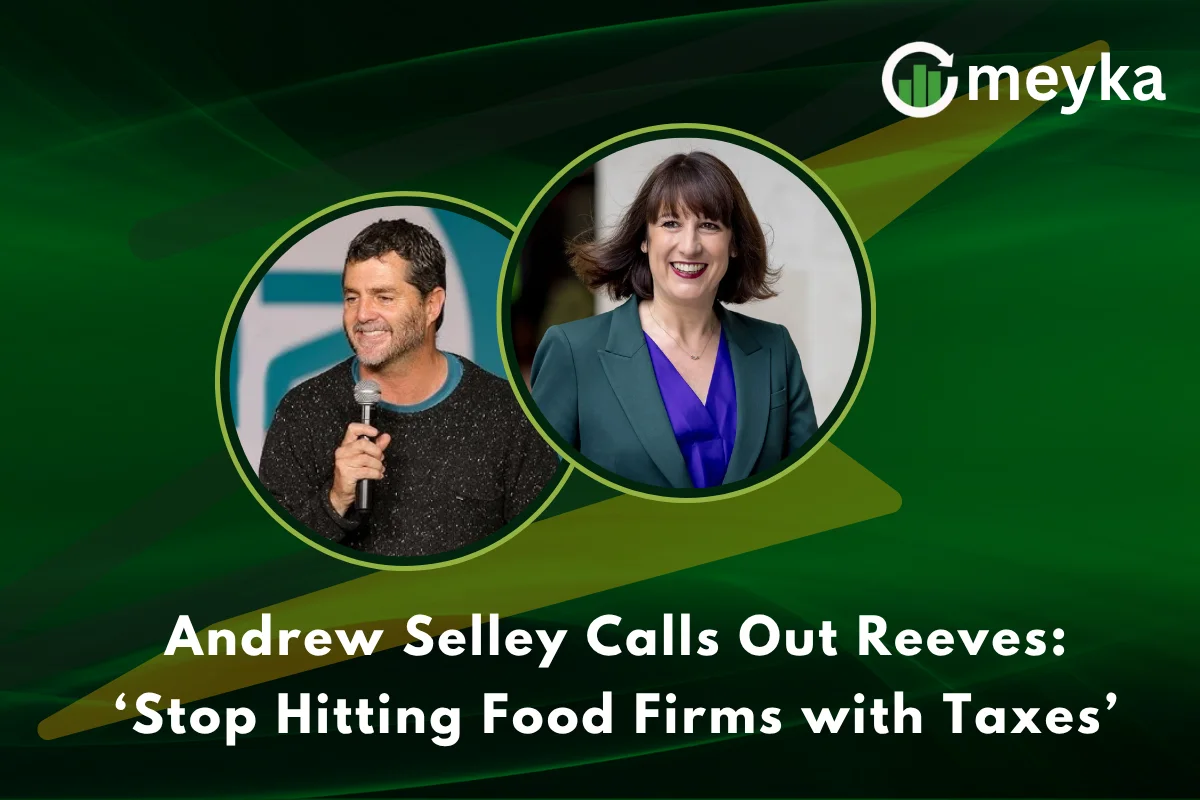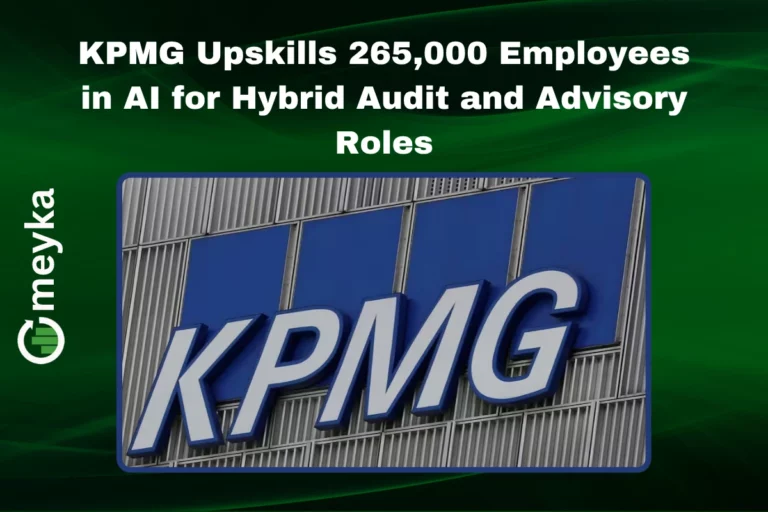Andrew Selley Calls Out Reeves: ‘Stop Hitting Food Firms with Taxes’
The debate around food industry taxation in the United Kingdom has intensified as Andrew Selley, Chief Executive of Bidfood, publicly criticized Chancellor Rachel Reeves for policies he says unfairly burden food businesses. In an already fragile economy, new tax pressures threaten supply chains, increase costs, and risk undermining innovation across the sector.
As the UK faces rising food prices, mounting inflation, and pressure from global markets, the voices of industry leaders like Andrew Selley carry significant weight. His call reflects a broader concern: how can the government balance fiscal responsibility while ensuring businesses can thrive without excessive taxation?
Who Is Andrew Selley, and Why His Voice Matters
Andrew Selley is the CEO of Bidfood, one of the UK’s largest foodservice wholesalers. With decades of experience in the sector, he understands the challenges food businesses face daily. His position provides him with a clear view of the complex network connecting farmers, suppliers, retailers, and restaurants.
Selley has consistently spoken out about issues such as food inflation, labor shortages, and regulatory pressures. By addressing Rachel Reeves, the newly appointed Chancellor, his comments highlight not just industry frustration but also the urgent need for reform in taxation and policy-making.
The Core of Selley’s Argument
Selley’s central message is straightforward: stop penalizing food companies with additional taxes. He argues that food businesses are already operating on thin margins while dealing with supply chain disruptions, increased transportation costs, and high energy bills. Adding further taxes, according to him, will push many businesses to the brink.
This is especially concerning because:
- Food companies already face high compliance and regulatory costs.
- Consumers are battling inflation and cannot absorb further price hikes.
- Tax increases discourage investments in technology, sustainability, and innovation.
Selley’s position reflects a wider sentiment within the industry: the food sector should be supported, not squeezed.
Rachel Reeves’ Tax Policy and Its Impact
Rachel Reeves has positioned herself as a Chancellor committed to fiscal discipline and reducing the UK’s budget deficit. However, industry leaders like Andrew Selley argue that her tax approach disproportionately impacts essential industries.
For food businesses, increased taxes mean:
- Higher food prices are passed on to consumers.
- Pressure on small and medium-sized enterprises (SMEs).
- Reduced ability to invest in modern technology, such as AI-powered supply chain tools that improve efficiency.
This comes at a time when companies are trying to embrace AI stocks and digital transformation to remain competitive in the global stock market. Instead of being incentivized to invest in innovation, firms find themselves diverting funds to cover rising tax bills.
The Broader Economic Context
The food industry is one of the UK’s largest private-sector employers. It is also deeply integrated into the stock market, with publicly listed food retailers and producers playing a vital role in investor portfolios.
Tax burdens do not just impact companies; they influence investors, pension funds, and market confidence. Many investors looking at stock research are concerned that over-regulation and tax policies will lower profitability across the sector. This is particularly problematic for a market still recovering from Brexit disruptions and global economic shocks.
Andrew Selley’s call, therefore, goes beyond food companies. It touches on the wider issue of ensuring the UK remains an attractive environment for both businesses and investors.
Food Security and Consumer Prices
One of Selley’s strongest points is the link between taxation and consumer affordability. If businesses are forced to raise prices to cover tax increases, it directly affects households already struggling with inflation.
- Families will see higher grocery bills.
- Hospitality businesses may cut jobs or close.
- Food security could be compromised if smaller suppliers exit the market.
Selley’s appeal is not just for businesses, but for consumers who ultimately bear the weight of policy decisions.
Calls for Smarter Policy-Making
Industry leaders like Andrew Selley argue that instead of blanket taxes, the government should focus on policies that promote growth. This could include:
- Incentives for companies investing in green energy and sustainability.
- Support for AI and digital adoption in food supply chains.
- Partnerships with universities for research on food innovation.
By encouraging forward-looking investment, the government could strengthen the economy, boost stock market confidence, and maintain affordability for households.
Why Andrew Selley’s Statement Resonates
Andrew Selley’s criticism resonates because it reflects the reality of a sector under immense pressure. It also highlights the disconnect between policy-making and real-world business challenges.
Food is not a luxury; it is a necessity. Taxing essential supply chains risks undermining stability in one of the most critical industries in the UK. The call to Rachel Reeves is clear: rethink the tax approach and work with, not against, businesses that sustain the economy.
The Road Ahead
The UK government faces difficult choices as it navigates economic challenges. Yet leaders like Andrew Selley remind us that solutions must balance fiscal responsibility with business survival. Without such a balance, the UK risks stalling innovation, weakening its stock market position, and placing unnecessary burdens on consumers.
The food industry’s future depends on collaboration between policymakers and business leaders. Only then can the country maintain affordability, competitiveness, and sustainability in an uncertain global environment.
FAQs
Andrew Selley is the CEO of Bidfood, one of the UK’s leading foodservice wholesalers. He is known for speaking out on industry challenges, including inflation, regulation, and taxation.
He argued that Reeves’ tax policies unfairly burden food companies, risking higher consumer prices, weaker supply chains, and reduced business investment.
Increased taxes reduce company margins, discourage innovation, and impact investor confidence. This affects both publicly listed food companies and wider stock market performance.
Disclaimer:
This content is made for learning only. It is not meant to give financial advice. Always check the facts yourself. Financial decisions need detailed research.






